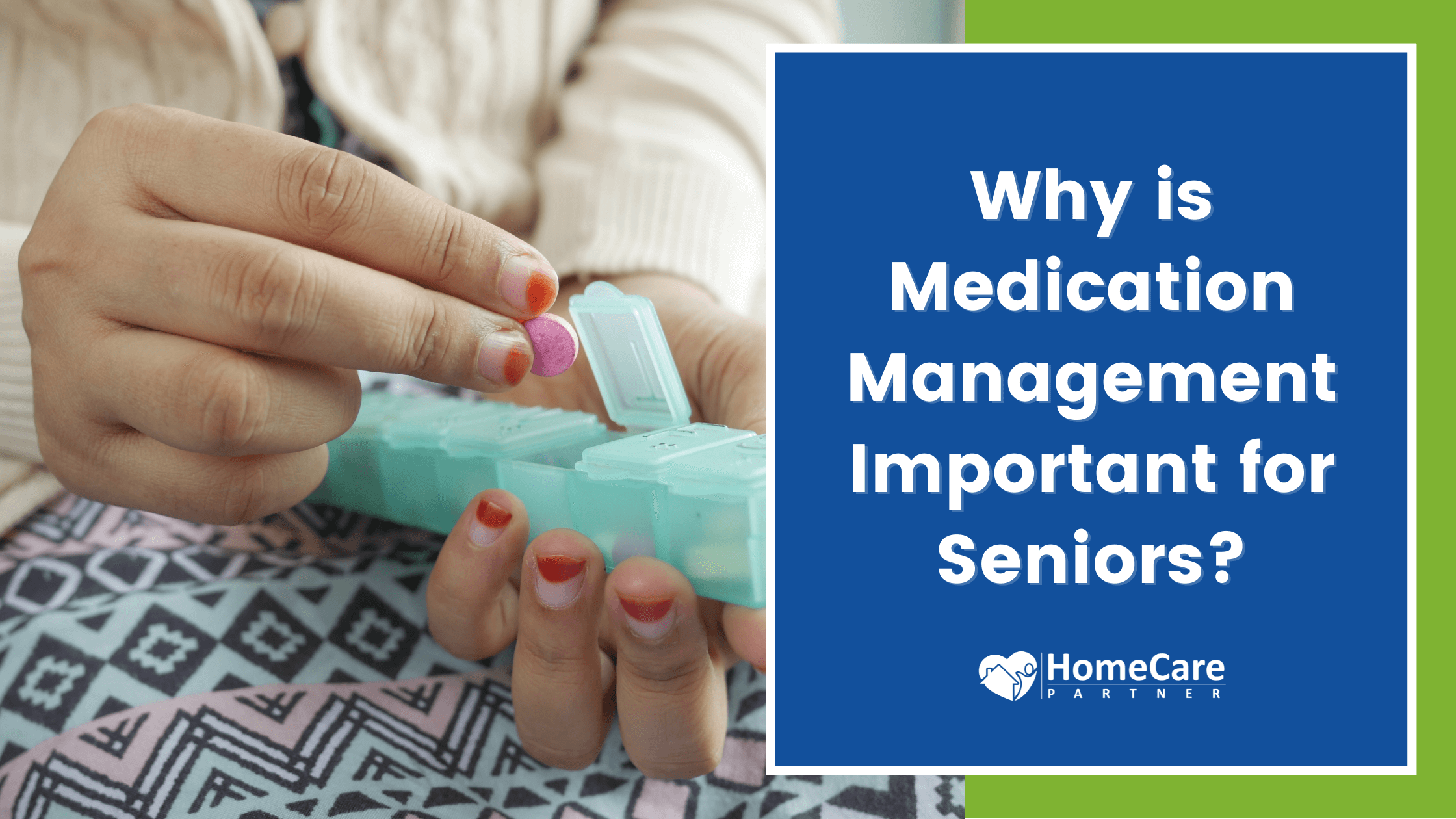


Medication management entails monitoring, medication reconciliation, and ensuring that the patient achieves the intended results.
Medication management is necessary for patients who struggle with understanding their regimen’s effects and those who do not experience their desired results. These patients mostly include seniors who have problems remembering which medications to take at certain times.
Read on to learn more about the importance of senior medication management.
Many seniors have to take multiple medications for their health issues. Correct medicine administration is critical for treating your loved one's health issues and controlling their symptoms. Here are some reasons why senior's medication management is important.
Seniors are at risk of developing complications due to mismanagement of medications as, with age, their kidneys and liver fail to eliminate the excessive drugs from their bodies.
Here are some of the side effects of medication mismanagement:
A professional in-home caregiver can help remind your loved ones of when they should be taking their medication. Caregivers can help with:
Collect all the medications and store them in one single place. This way, you can see exactly what pills are being used, ensure that duplicate prescriptions aren't being issued for the same health condition, and know when to dispose of expired medications.
Medications should always be kept in cool and dry places. Also, make sure that they are out of the reach of children or pets.
It is critical to know what drugs your elderly loved one is taking in order to avoid dangerous drug interactions. That's why it's necessary to keep a current record of their drugs, vitamins, supplements, and over-the-counter medications.
Make sure you and your elderly loved one understand which drugs must be taken at the same time and which must be separated to avoid unpleasant side effects.
With so many prescriptions, seniors and caregivers may find it difficult to remember when to take each dose. Taking notes with a pen and paper or setting timers and reminders on your smartphone is a simple approach to keeping track of when prescriptions were taken.
Hire a personal caregiver if the senior:
Our caregivers are fully trained and certified to help your loved ones, so they can live their lives with ease. Our caregivers assist them by reminding them when to take their medicines and help with daily living activities. Contact us today for more information about our in-home care services.

Home Care Partner wants you to be confident in choosing us. We want to show that our care is unmatched!

Get 20% OFF a week's worth of care!
We want to show you that our care is unmatched.
Leave a Reply
Your email address will not be published. Required fields are marked *